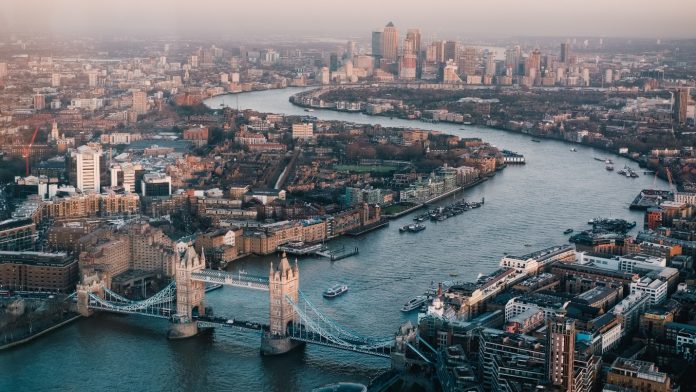- Pound (GBP) falls after CPI data
- UK inflation eased to 3.9% YoY
- Euro (EUR) rises after German consumer sentiment figures
- German sentiment improved to -25.1
The Pound Euro (GBP/EUR) exchange is falling after gains yesterday. The pair rose +0.16% in the previous session, settling on Tuesday at €1.1590 and trading in a range between €1.1569 – €1.1633. At 10:00 UTC, GBP/EUR trades -0.30% at €1.1556.
The pound is falling after UK inflation, s measured by the consumer price index, cooled by more than expected in November.
CPI eased 3.9% year on year, down from 4.6% year on year in October and below the 4.4% level forecasts by economists.
Meanwhile, core inflation, which strips out the more volatile items such as food and fuel, eased to 5.1% year on year, down from 5.7% and again well below the 5.5% forecast.
Food inflation slipped into single digits, and service sector inflation, which is watched closely by the Bank of England, cooled to 6.3%, down from 6.6%.
The data suggests that the Bank of England was very cautious last week at the MPC meeting, where it left interest rates on hold at 5.25% but also suggested that rates would stay at this level for an extended period of time in order to control inflation.
The market is now pricing in five full 25 basis point rate cuts by the central bank next year, which is putting the pound lower.
The euro is rising after German consumer confidence data showed that morale was improving in the eurozone’s largest economy.
Consumer sentiment in Germany is improving at the end of the year, with income expectations and willingness to buy both showing noticeable grace.
The German GFK consumer sentiment index rose to -25.1, an improvement of 2.5 points compared to the previous month, which was revised to 27.6.
The figures show that consumer sentiment is finally improving again after a period of stagnation as inflation cools and interest rates are set to be cut next year.
However, consumers still have other concerns, such as geopolitical crises and wars, as well as worries about the national budget in 2024.





